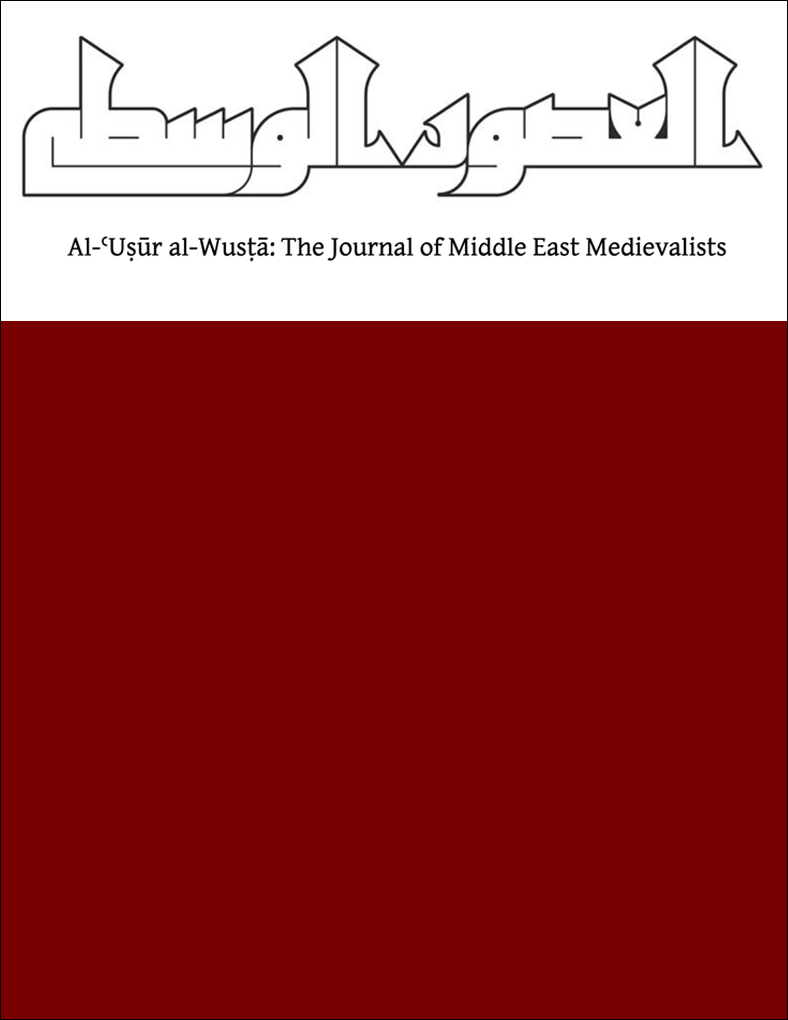Abstract
This article presents an edition, translation, and study of a short Arabic petition to a qāḍī and the rescript issued in response. The two texts, originating from Egypt’s Fayyūm oasis and dateable to the fourth/tenth or fifth/eleventh century, are preserved incompletely on both sides of a single leaf of paper now in the holdings of the Near East Section of the Library of Congress, Washington, DC. This document’s genre plus its place of origin make it noteworthy. Although scholars have devoted a good deal of attention to medieval Arabic petitions, especially those addressed to high-ranking figures of the Fatimid, Ayyubid, and Mamluk states, the low-register provincial sort that the document at hand exemplifies remains understudied. By comparing this petition to other such documents, I flesh out the features of this common documentary tool used to seek aid and patronage in medieval Arabic-speaking societies. Furthermore, the people and places this document concerns are attested in other documents, which allows us to draw connections between this petition and the wider social world of the medieval Fayyūm and to sketch a basic outline of the workings of a provincial qāḍī court. Through the petition, I sketch two kinds of interconnected stories: the human stories of a father trying to care for his daughter and of a provincial family of legal functionaries in the Egyptian countryside, and the historical story of the role played by legal documents and institutions in structuring medieval social life.

This work is licensed under a Creative Commons Attribution-NonCommercial-NoDerivatives 4.0 International License.
Copyright (c) 2022 Lev Weitz

